Seriously Mentally Ill By John Stossel
They live on the street, often foraging through dumpsters. Some threaten us. Occasionally, they assault people.

They live on the street, often foraging through dumpsters. Some threaten us. Occasionally, they assault people.
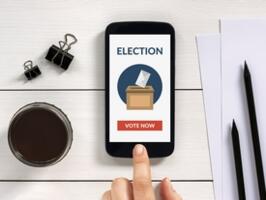
In the upcoming midterm elections, West Virginia will be the first state to allow voters to cast their ballots using their mobile phones, but voters are not jumping to follow suit, citing fraud concerns.

As Republicans and Democrats continue to spar over Brett Kavanaugh’s nomination, more voters these days feel it’s impossible for President Trump to locate a Supreme Court nominee both sides of the political aisle will get behind.

I have spent some three decades railing against faulty budgetary scoring of tax bills, but the latest charade from the Congressional Budget Office and Joint Tax Committee takes the cake. The story of fiscal phony math is so indefensible when it comes to the Trump tax cut that you may not believe it could be true. Alas, it is.

When tracking President Trump’s job approval on a daily basis, people sometimes get so caught up in the day-to-day fluctuations that they miss the bigger picture. To look at the longer-term trends, Rasmussen Reports compiles the numbers on a full-month basis, and the results for Trump’s presidency can be seen in the graphics below.

Republican leaders are "a bunch of wimps," said Jerry Falwell Jr.
Conservatives and Christians need to stop electing "nice guys."

Forty percent (40%) of Likely U.S. Voters think the country is heading in the right direction, according to a new Rasmussen Reports national telephone and online survey for the week ending September 27.

Judge Brett Kavanaugh's nomination to the Supreme Court was approved on an 11-10 party-line vote Friday in the Senate Judiciary Committee. Yet his confirmation is not assured.

Voters are slightly more likely now to believe Christine Ford’s allegations of sexual assault against U.S. Supreme Court nominee Brett Kavanaugh, but last Thursday’s high-profile Senate hearing didn’t change many minds. Most voters still think Kavanaugh’s Senate confirmation is likely.

Americans agree that social media sites need to do a better job of separating fact from opinion in their feeds but have very little confidence that they'll do it fairly.
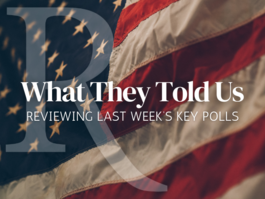
The Senate Judiciary Committee Friday afternoon voted 11-10, strictly along partisan lines, to approve for full Senate action Judge Brett Kavanaugh's nomination to the United States Supreme Court.

What is wrong with us? Specifically: What is wrong with liberal Democrats?
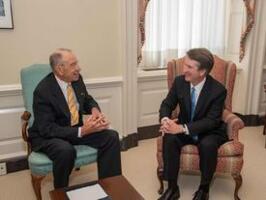
As America becomes more familiar with Brett Kavanaugh, voters are developing strong opinions about the Supreme Court nominee, but their willingness to vote for senators who support him hasn’t wavered.
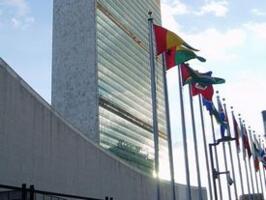
President Trump reinforced his “America First” doctrine at the United Nations this week in a rejection of globalism, but nonetheless, voters still support our continued involvement in the UN and a growing number say the United States should continue to be the organization’s biggest benefactor.

Here's my question," tweets legal scholar Jeffrey A. Sachs, obviously in response to the controversy over Supreme Court nominee Brett Kavanaugh. "what is the alternative reality where Roe was never decided, levels of partisan polarization are identical to our own, and the SCOTUS appointments process is markedly better?"

As the Senate Judiciary Committee prepares today to hear details of accuser Christine Ford’s allegation of sexual assault against Supreme Court nominee Brett Kavanaugh, America is a nation evenly divided against itself. Kavanaugh adamantly denies the charge.


The Republican-led Congress has produced yet another big spending bill that fails to fund President Trump's border wall even though a sizable majority of GOP voters supports the project.
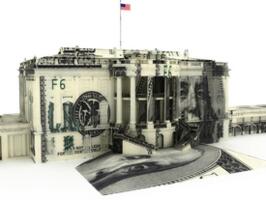
With a new spending bill heading through Congress once again to keep the government operating, most voters don’t see significant government spending cuts coming anytime soon, even though they think those cuts are good for the economy.

It’s a rallying cry for President Trump: “Make America Great Again.” But nearly two years into Trump's presidency, almost half of U.S. voters think more needs to be done.